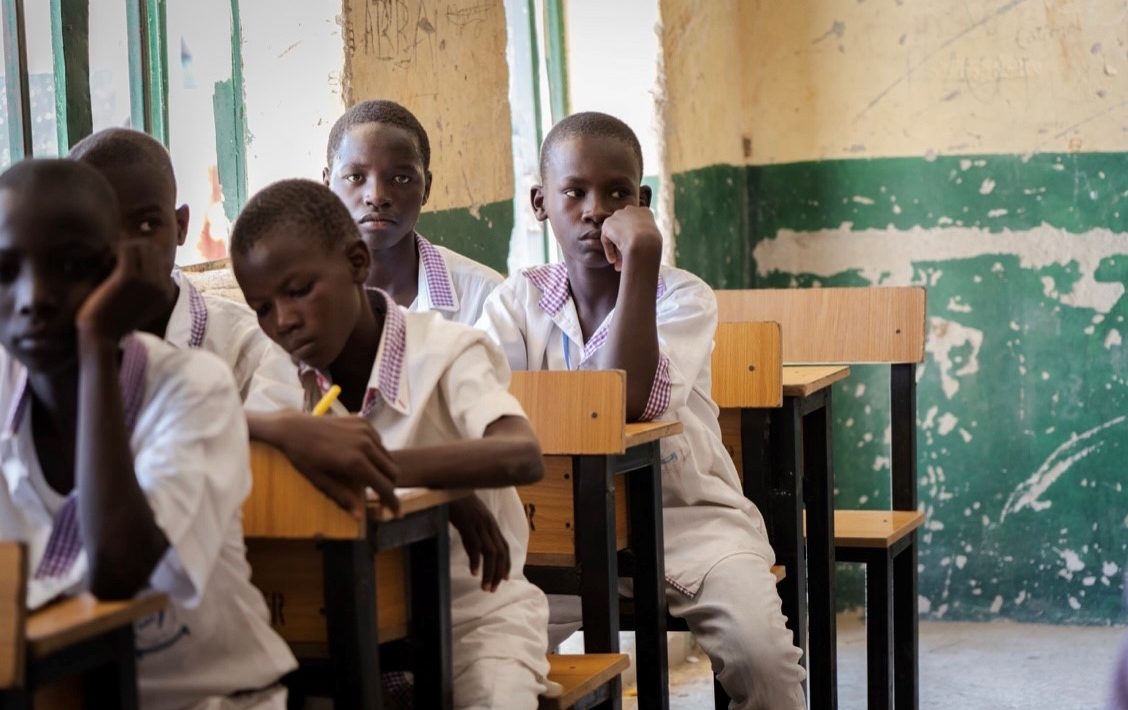Despite the enactment of comprehensive child rights laws in Nigeria, the education sector continues to grapple with persistent challenges related to child rights violations. This ongoing issue highlights gaps in enforcement, awareness, and systemic support that impact the welfare and educational opportunities of millions of Nigerian children.
Child rights acts were established to protect children from abuse, exploitation, neglect, and discrimination, while promoting their right to quality education. However, reports indicate that violations such as corporal punishment, trafficking, child labor, and denial of access to education remain troublingly common in various parts of the country.
These violations not only undermine children’s fundamental rights but also hinder their academic progress and psychological development. Schools, communities, and government institutions often face challenges in fully implementing child protection policies due to limited resources, inadequate training, and cultural barriers.
Addressing these issues requires a multifaceted approach. Strengthening legal frameworks is necessary, but equally important is increasing awareness and education among parents, teachers, and community leaders about child rights and protection. Enhanced monitoring and accountability mechanisms must be put in place to identify and respond promptly to abuse and neglect.
Moreover, collaboration between governmental agencies, civil society organizations, and educational institutions is vital to create safe, inclusive, and supportive learning environments where every child can thrive without fear or discrimination.
In conclusion, while child rights acts are a critical foundation, the Nigerian education sector must intensify efforts to eradicate child rights violations and ensure that every child’s right to education and dignity is fully respected and protected.
More than news- Its Icegate

